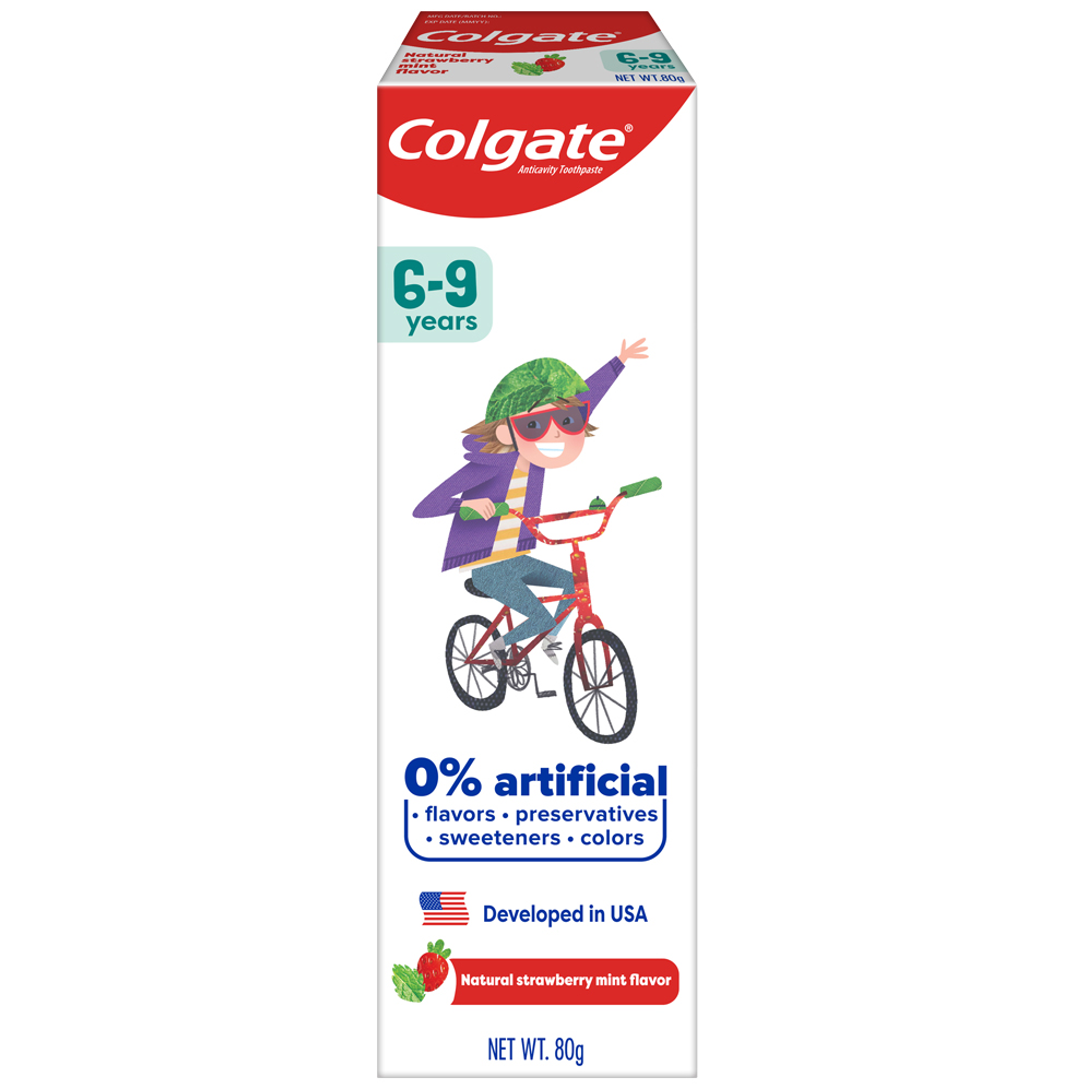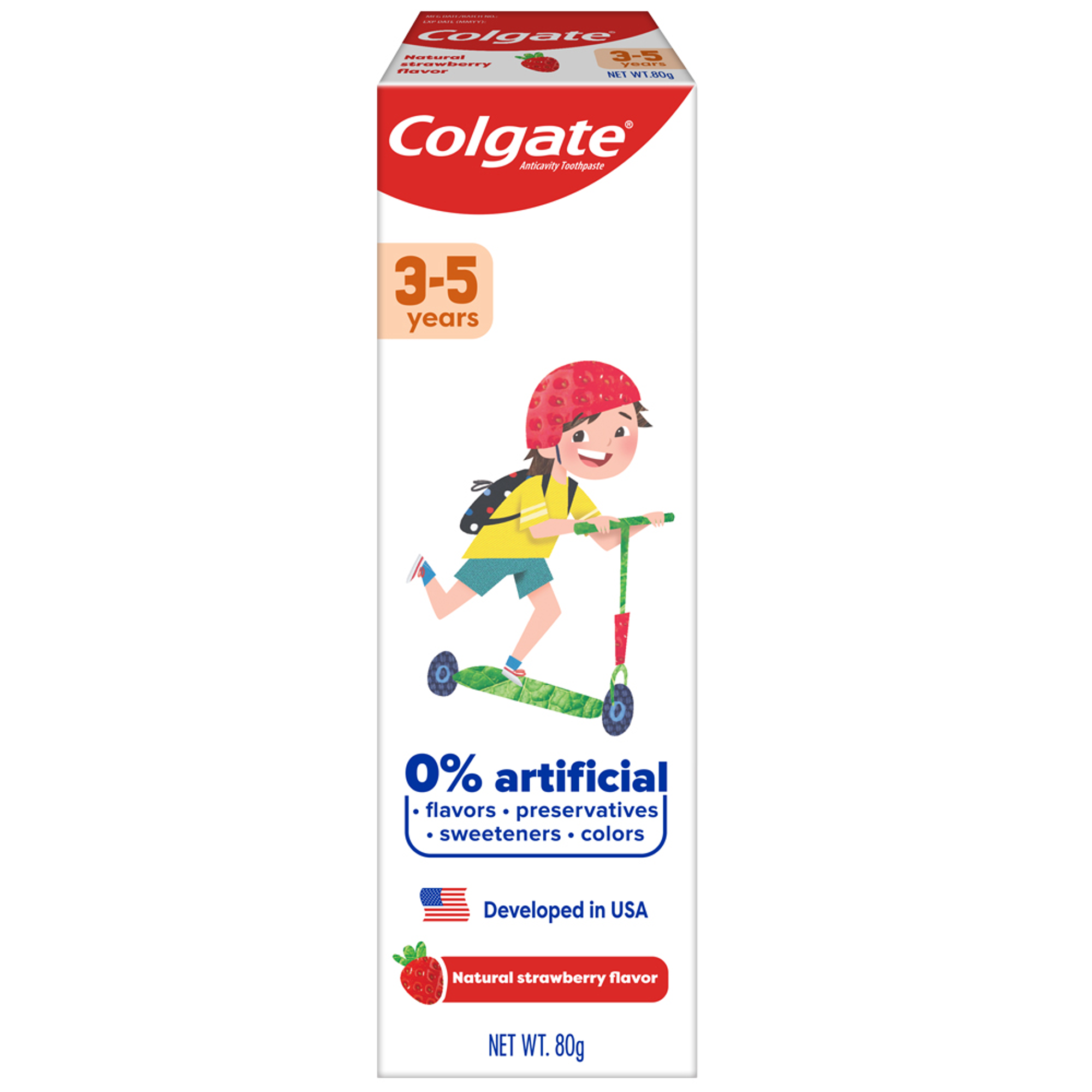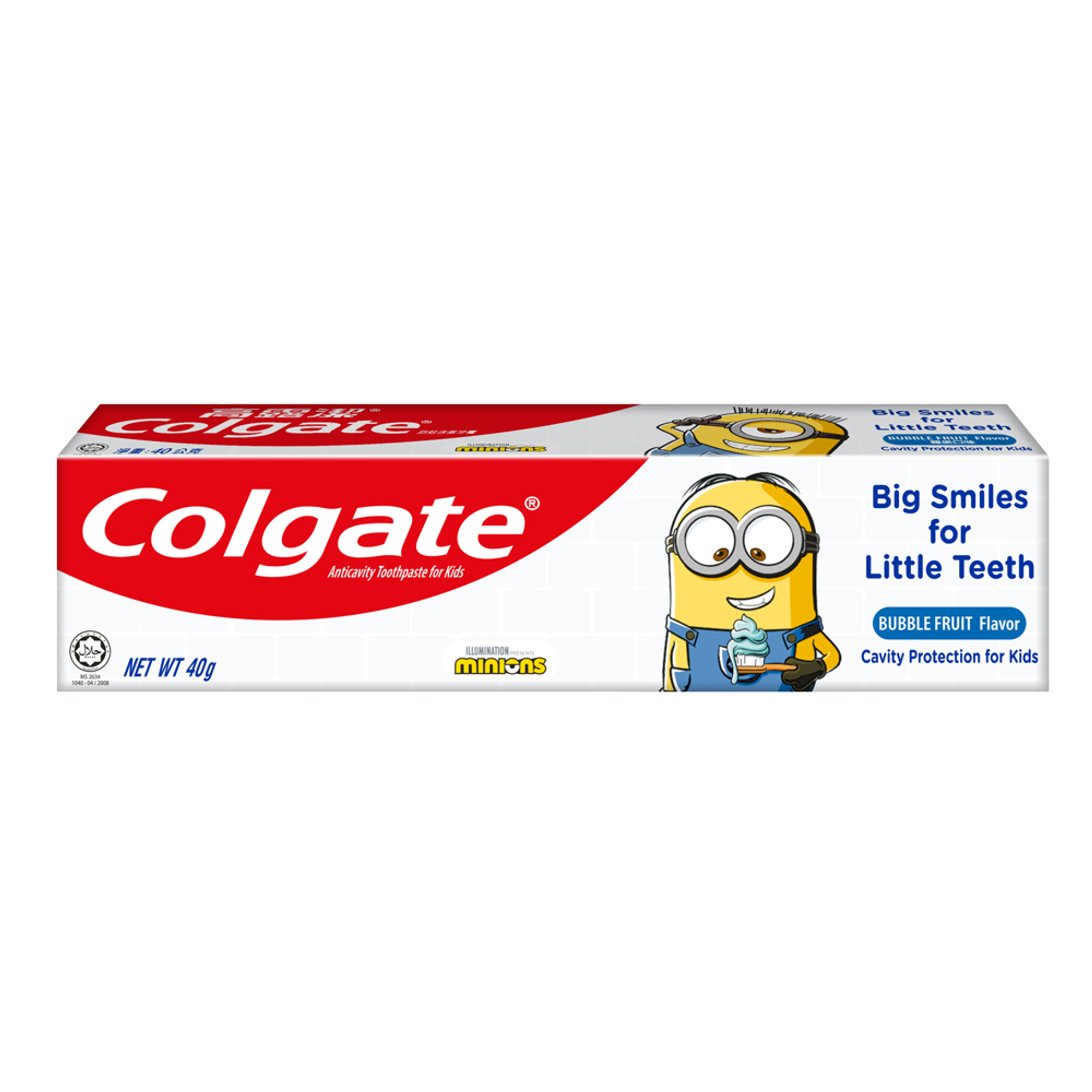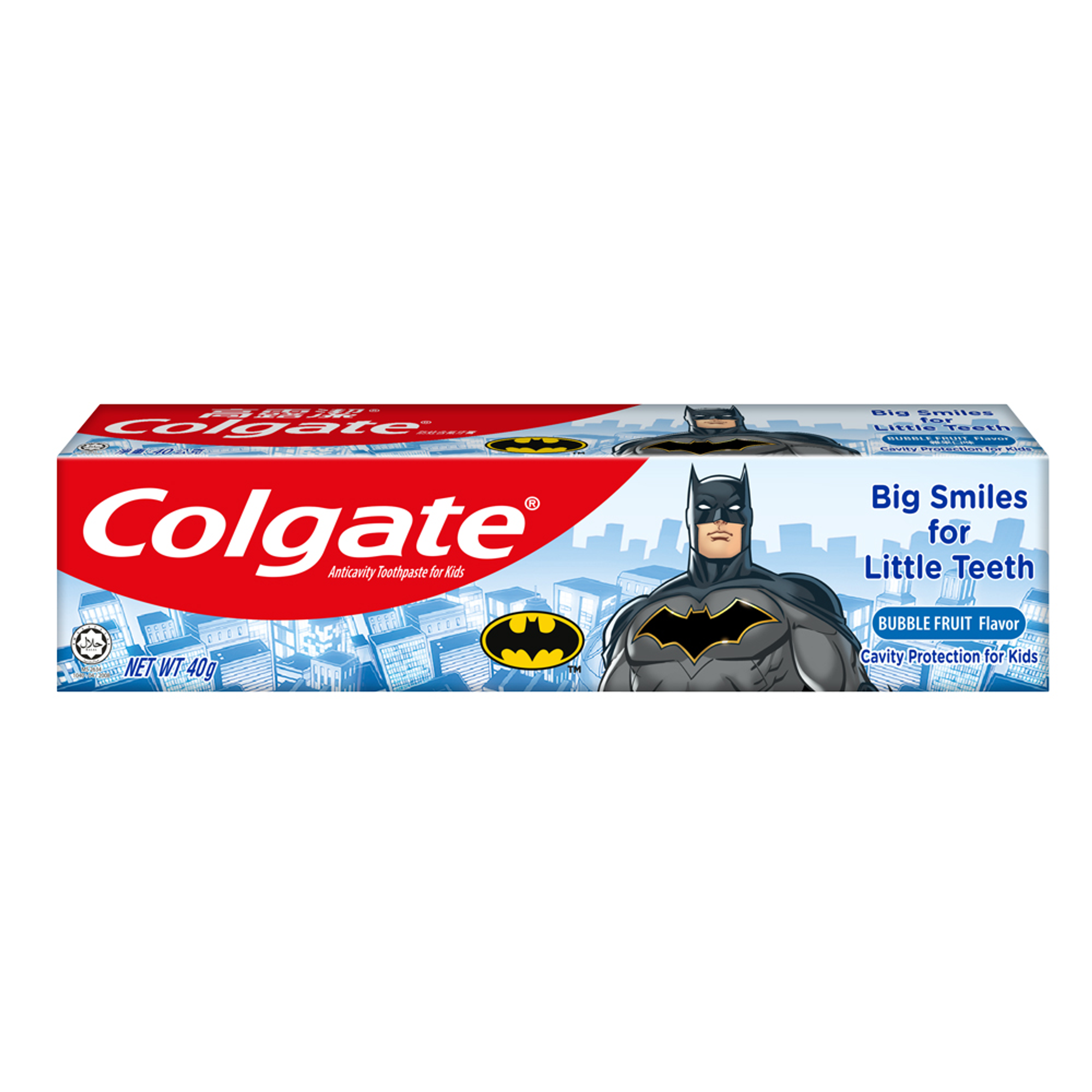Baby Teeth Eruption
Even before the first tooth erupts, the primary (baby) teeth are completing their formation in your infant's jaw. The eruption of the first baby tooth paves the way for future dental checkpoints. From baby teeth to wisdom teeth, the level of care will determine the quality of your child's smile, and ultimately their overall health. According to the American Dental Association (ADA) Mouth Healthy site, dental care should begin as soon as the first tooth erupts with a trip to the dentist and continue in recommended intervals to monitor homecare and further development. And yes, baby teeth matter! They hold space for the permanent teeth, facilitate speech and nourishment and should be maintained until they naturally exfoliate.
Brushing, Bottle-Feeding and Thumb-Sucking
Once the baby teeth arrive, protect them as they allow the jaw to develop. Taking your child to the dentist as a toddler allows their oral health to be monitored for early problems and abnormalities. It's important to monitor the following:
- Supervised and supported brushing and flossing
- Thumb- or finger-sucking effects and cessation
- Nutrition and baby bottle use
- Supplemental fluoride treatments
Baby teeth can develop cavities if they lack home care or have a diet that is high in fructose sugars, especially when ingested through a bottle. Your dentist or dental hygienist can advise you on what should be put in a bottle and when to discontinue bottle use. Additionally, they can provide instruction on oral hygiene and fluoride treatment to prevent tooth decay. Pacifier use, finger- and thumb-sucking are all normal to a degree, according to the ADA, but should be discouraged if it affects the proper development of the teeth and jaw. By seeking dental care early, your baby will be on the right track for healthy development.
Mixed Dentition
Once kids begin to lose baby teeth and the permanent teeth begin to appear, they have a "mixed dentition", which brings specific concerns. Your child may begin to participate in sports, show signs of teeth crowding and make poor choices in their diet. Again, your dental professional will recognise what preventative or interventional treatment is necessary. This may include:
- A sports mouth guard to protect the teeth and jaw.
- Referral to an orthodontist.
- Nutritional counselling to help your child make healthy dietary choices.
- Fluoride treatment and dental sealants to prevent further decay.
Braces and Wisdom Teeth
Once your child enters their teen years, emphasise the connection between a healthy mouth and healthy body. Teenagers can understand how important a healthy smile is, and take responsibility for keeping it that way. At this age, they may have braces or just finished orthodontic treatment. Teenagers' oral hygiene habits for the prevention of cavities and gum disease should be a priority as well, and the eruption of the wisdom teeth need monitoring. Their dentist or dental hygienist can provide the tools needed to transition to a healthy adult mouth. They will focus on the following:
- Proper diet, nutrition and exercise.
- Brushing, flossing and fluoride use, potentially with higher strength fluoride toothpaste products to curb specific problems.
- Monitoring the eruption of wisdom teeth and referral to oral surgeon if needed.
Most teenagers will not have enough space in the jaw for the third molars to erupt. If this is the case, it is vital to have them removed to avoid future problems – including infection, pain and physical effect on adjacent teeth. Very often, if they have had braces, the orthodontist will watch these teeth by taking a special x-ray and making the oral surgery referral.
Developmental milestones are important in your child's life, from infancy to young adulthood. Your understanding of these milestones can transition to them taking responsibility for their overall health as an adult. By beginning dental care early and making regular visits to the dentist, you're setting your child on the right track for a lifetime of healthy smiles.
About the author: Donna Rounsaville, RDH, BSc., has been a dental hygienist in private practice for 31 years. She has used her experience with the prevention of dental problems and the importance of healthy eating to educate children in local schools in her hometown of Flemington, New Jersey. Donna is also passionate about infection control and office safety for dental workers, providing yearly training to her office colleagues. Active with the Girl Scouts as a leader and with children's liturgy at her church, Donna uses her communication and leadership skills to motivate young people in her community. She has been writing for Colgate since 2013.














